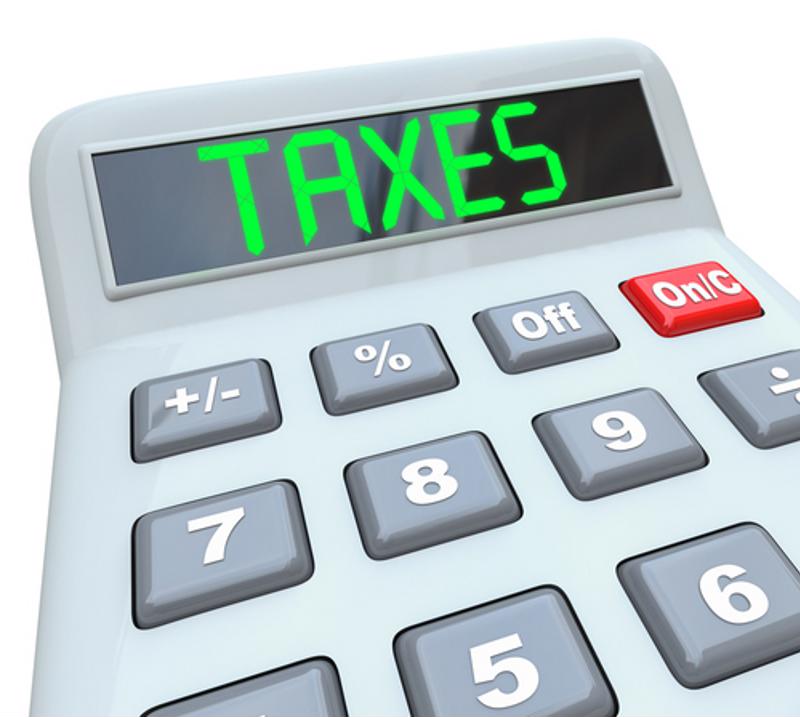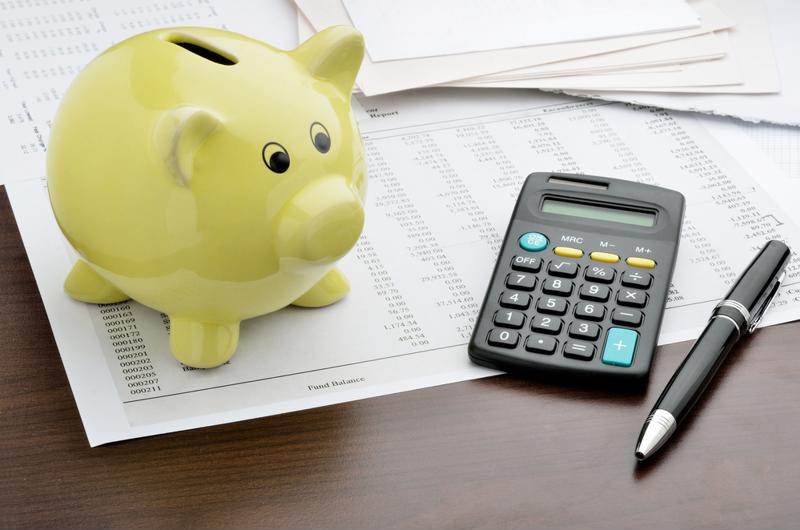Cars are among the most complicated machines that we use on a daily basis. It may not seem like it, but every time you climb into the driver's seat and turn the ignition key, you're setting into motion a complex Rube Goldberg machine of interlocking parts that all have to work in perfect harmony for your car to function the way you need it to.
Of course, you don't have to be an auto mechanic to own and operate a car – thankfully. But even the least mechanically inclined driver should brush up on a few basic maintenance tips and tricks. You don't need to become a total grease monkey, but having some fundamental car maintenance knowledge may save you some time and money later.
Checking your oil is simple, but important.
var atlantisVideo = AtlantisJS.Init({videos: [{id: “2807”}]});
Engine oil
Chances are, even if you can't tell a carburetor from a crank shaft, you've had at least some experience checking or changing oil. It's perhaps one of the most basic essential maintenance operations you can perform on your car. Standard wisdom says that you should have your oil changed every 3,000 miles, but according to Edmunds, that's a rough estimate at best. Every car will be different depending on make, model, age and any number of other factors, so the source reported that the best way to get an accurate indication of when you should change your oil is to consult your owner's manual.
Of course, you can check your oil any time. There are minimum and maximum fill lines in the oil tank that you should aim to keep your levels in between. The Department of Motor Vehicles also noted that you should choose the right oil for your engine and climate. Some blends are better for cooler areas, while some thicker and heavier oils perform better in warmer climates.
Battery
Nobody likes leaving work at the end of the day only to find out that their car battery has died and they're stuck waiting for a jump from a service vehicle or a friendly passerby. The battery is part of a car that many drivers don't give too much thought to until it breaks, however.
There's more that can affect your battery than just leaving your interior lights on. For example, rusty or corroded battery contacts can also compromise its performance. Luckily this can be checked easily by popping your hood. Take a look at the battery contacts and gently wipe away any rust or corrosion.
"There are a few ways to tell if your wiper blades need to be changed. "
Windshield wipers
There's no worse time to find out that your wiper blades need changing than when you're driving down the highway in a torrential downpour and you find your windshield getting increasingly streaked with every pass of the blades.
There are a few ways to tell if your wiper blades need to be changed. You can give them a quick visual once-over – any ragged or torn edges on the rubber are a sure sign that a replacement is in order. Similarly, if you notice streaking or hear a chattering or slight chirping sound when you use your wipers, that likely means you should have them replaced. NTB Tire and Service Center noted this sound indicates the wiper blades have worn down and are no longer making contact with the windshield when in use.
Replacing wiper blades is a task you should be able to do yourself just fine, but if you find yourself unsure or have never done it before, a mechanic will be happy to do it for you.
Tires
Your tires can affect many facets of your car's performance, from how well it grips the road to what kind of gas mileage you'll get when driving. Inspecting them regularly is important for both safety and economy.
When inspecting your tires, check both the tread and the air pressure. The latter can be checked with a hand-held pressure gauge that you should keep in your car at all times. Once again, refer to your owner's manual for what the desired psi for your tires should be. Your tread you can check with nothing more complicated than a quarter – just stick the edge of the coin in your tire tread. If you can see the top of George Washington's head, your tires have worn down too much and need to be replaced.
Purchasing a high-quality used car can be an exciting and liberating experience. If you're ready to find a car of your own, head to New Jersey State Auto Auction. There you'll find hundreds of Carfax-certified cars on the lot and a helpful sales staff that can put you in just the right vehicle.






 Nobody likes getting into an accident, but remaining calm is crucial.
Nobody likes getting into an accident, but remaining calm is crucial.


 Cost of ownership takes things like taxes, insurance and other "hidden costs" into account.
Cost of ownership takes things like taxes, insurance and other "hidden costs" into account.

 Plan carefully when making your budget.
Plan carefully when making your budget.